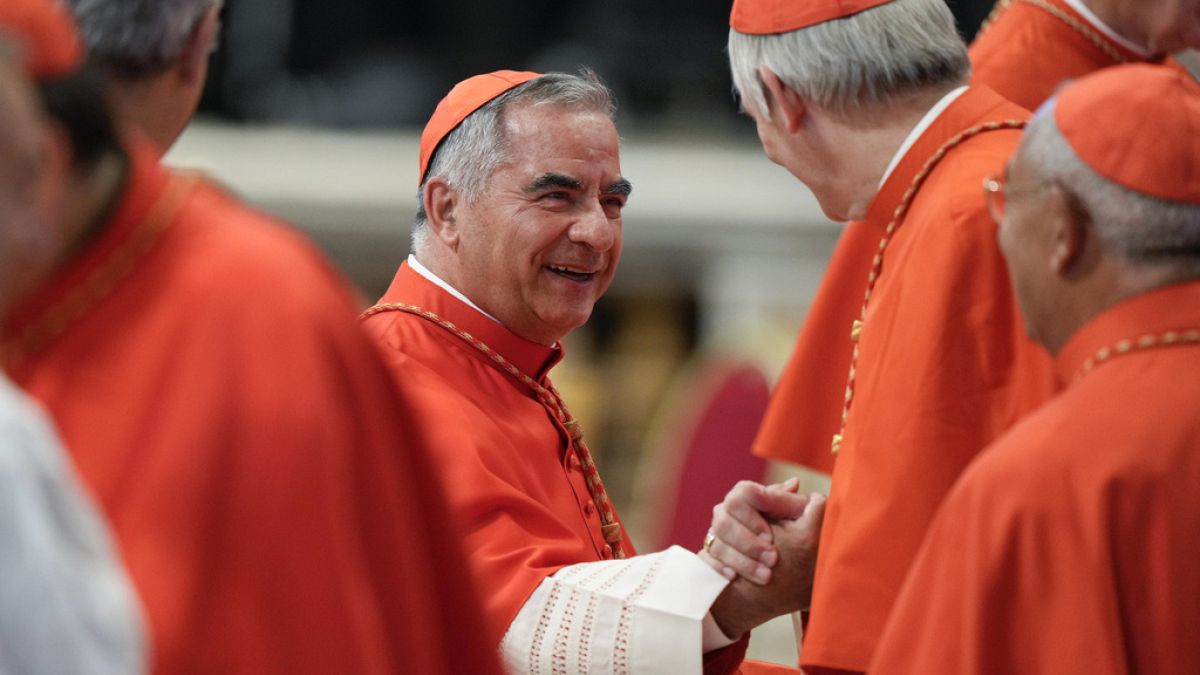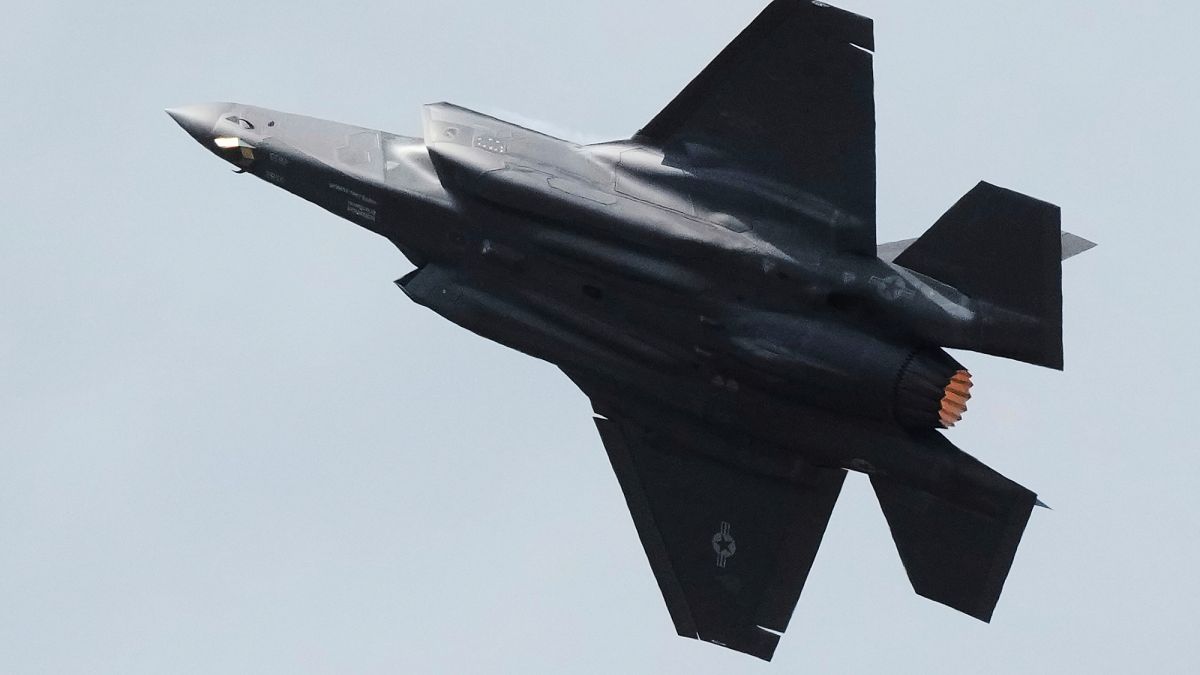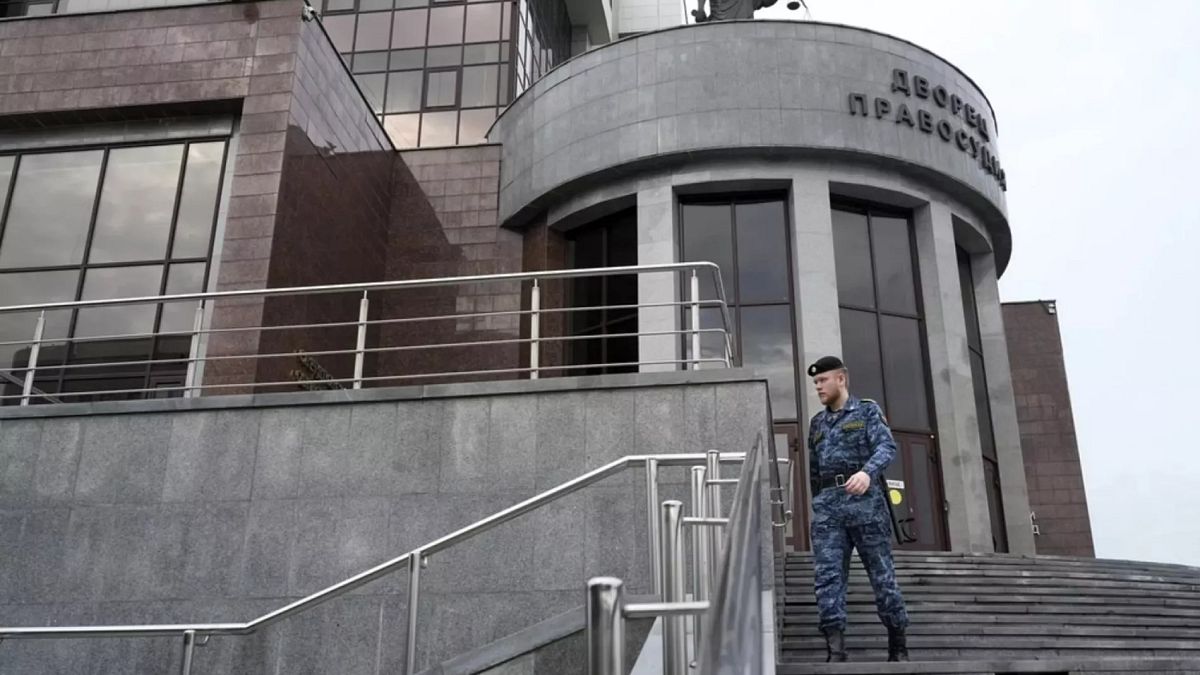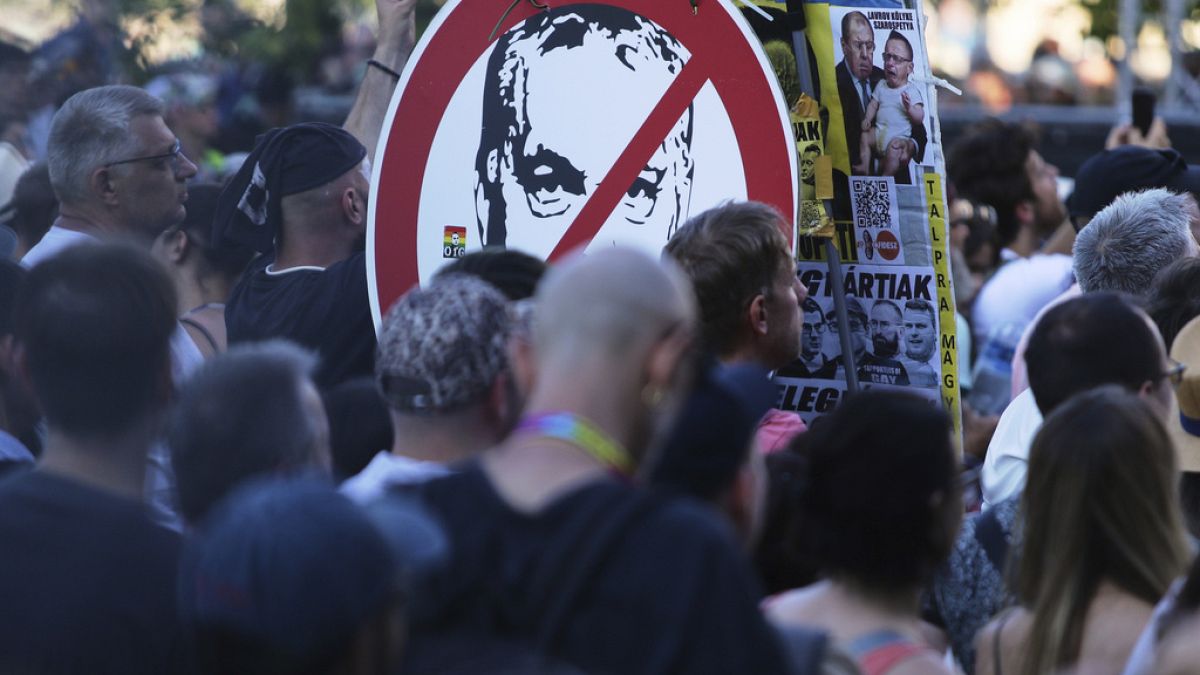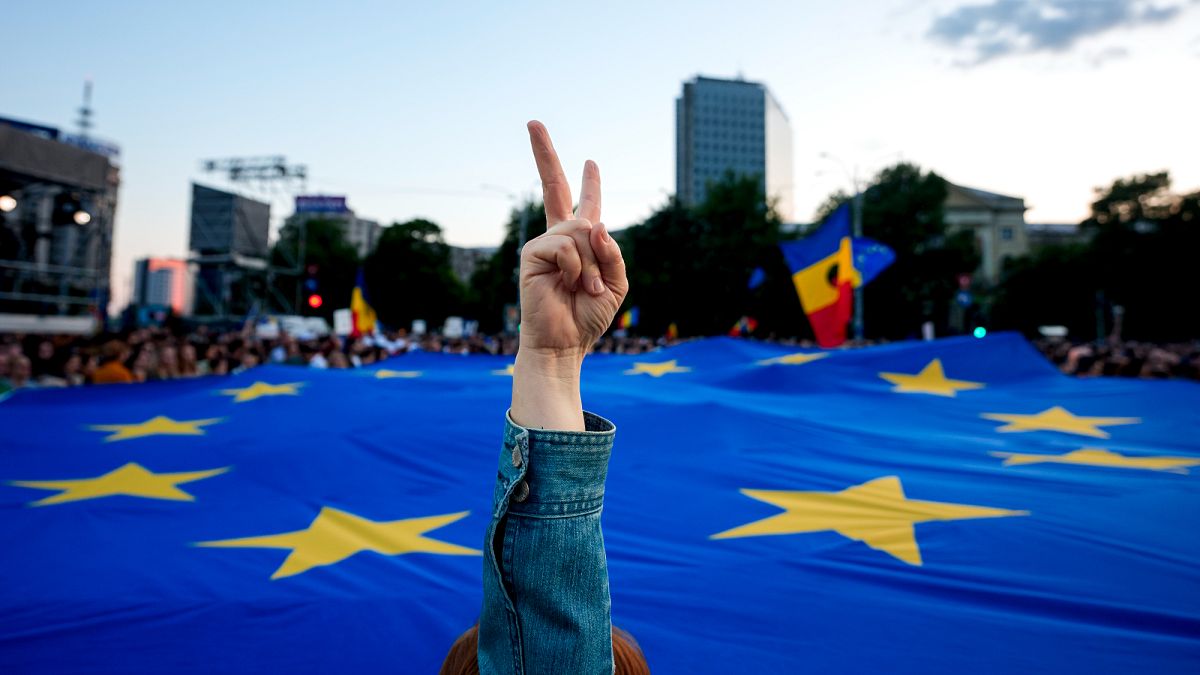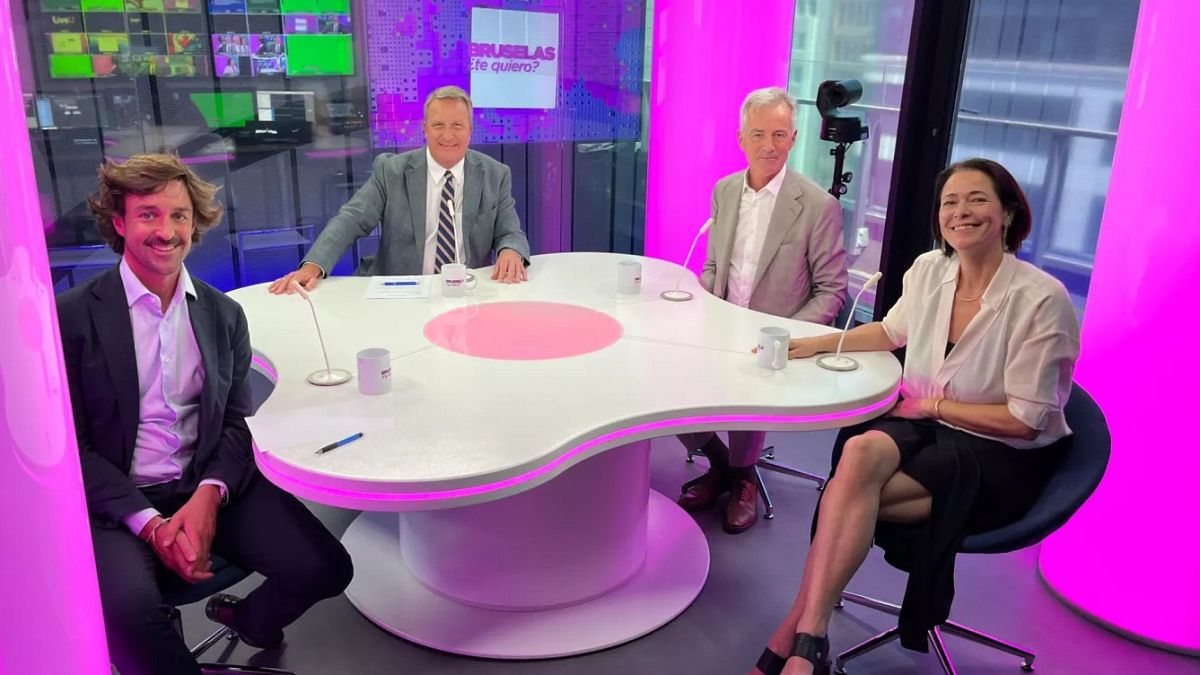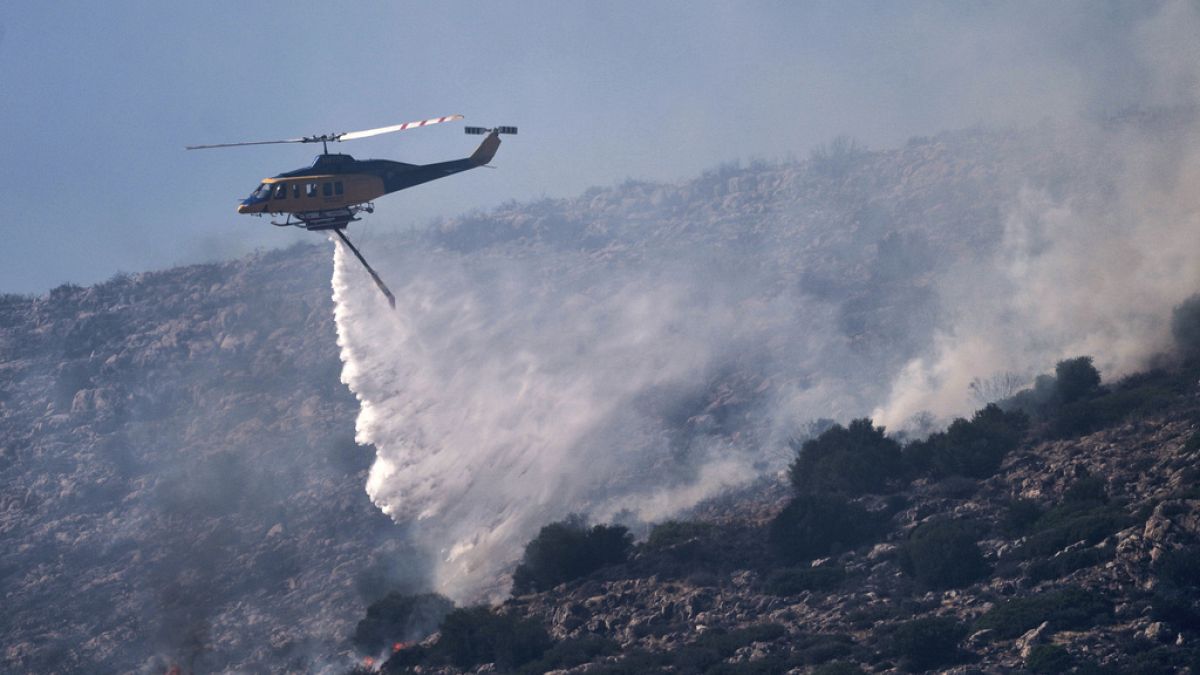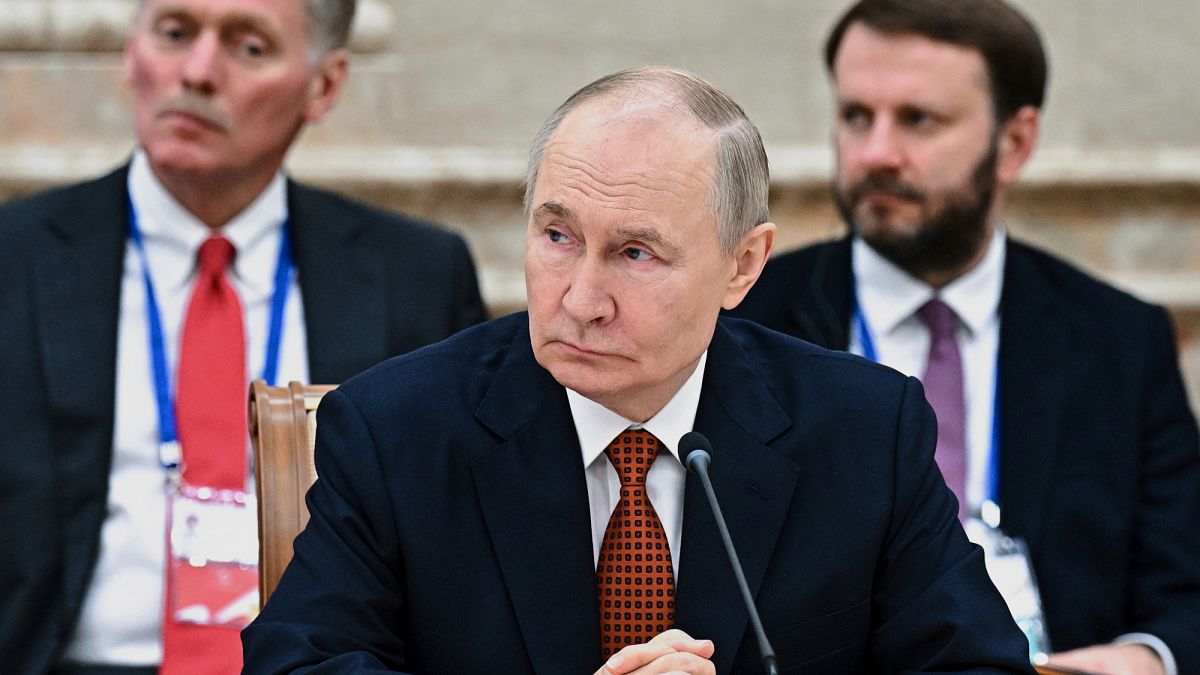Italian cardinal Angelo Becciu’s decision to withdraw from the upcoming conclave to elect a successor to the late Pope Francis could spare the Catholic Church from embarrassment and scandal that threatened to overshadow the proceedings.
The Vatican’s criminal court convicted Becciu in 2023 of embezzlement and other finance-related charges at the end of the so-called “trial of the century”.
He is free while he appeals against the conviction and five-and-a-half-year prison sentence and had participated in the pre-conclave meetings, including on Monday.
However, on Tuesday, the 76-year-old said he would not take part in the conclave for the “good of the church”, and due to his “love” for Pope Francis.
“I have decided to obey as I have always done the will of Pope Francis not to enter the conclave while remaining convinced of my innocence,” Becciu said in a statement.
The affair had become a headache for the Catholic Church and especially for the credibility of the reforms that had been undertaken by the late pontiff, but not completed.
Pope Francis appointed 110 of the 135 or so cardinals who will vote in the conclave beginning on 7 May, with some Vatican watchers suggesting he did so in a bid to ensure his values and priorities would be carried into the next papacy.
Becciu’s conviction hangs over the Vatican
Becciu was once an influential Vatican chief of staff and a leading papal contender.
But he fell from grace in 2020 when Pope Francis forced him to resign his job as head of the Vatican’s saint-making office and his rights as a cardinal because of allegations of financial misconduct.
Becciu denied any wrongdoing, but was convicted in December 2023. His appeal is scheduled to start in September.
According to the Vatican criminal court’s ruling, Becciu in 2014 managed the purchase of a London property with funds from the Vatican Secretariat of State.
In 2022, the property was sold by the Holy See, for around €214 million, to the Bain Capital investment firm, resulting in a net loss for the Vatican of more than €100 million.
According to reports in Italian media, Pope Francis had written letters expressing his desire for Becciu to be excluded from a conclave. Those letters were reportedly shown to Becciu by Cardinal Pietro Parolin, a senior Vatican official who is seen as a leading candidate to be the next pontiff.
‘Jarring note’ for the faithful
The Becciu affair unfolded at a delicate time for the Catholic Church. Pope Francis was overseeing major reforms, including a drastic downsizing of the central role of the Vatican’s Secretariat of State in favour of local communities around the world.
Despite the scandal surrounding him, Becciu was an ally of Pope Francis in his drive to restructure the Vatican’s institutions and finances.
According to the lawyer and vice-rector of the Luiss University in Rome, Francesco Di Ciommo, Becciu “was very close to the Pope, he was his trusted man and I believe he also enjoyed the Holy Father’s friendship and personal consideration in some way.”
But regarding the scandal around the London property purchase, Di Ciommo said it shows that the late pontiff was “uninformed” about the management of the Vatican.
“If, instead, it had been ascertained that the Holy See’s assets had been managed through investments agreed with the Holy Father or in any case without his reservations, it is clear that the trial would have unfolded differently and the outcome would have been different,” Di Ciommo told Euronews.
The deal was risky because it was not just a simple acquisition of a luxury property, but also an investment in a speculative fund (the Global Opportunities Fund), the lawyer said.
“The Vatican’s assets have historically also been invested in assets that have nothing to do with the Vatican’s core mission. This is true,” Di Ciommo said.
“However, to invest in a commercial property in the centre of London, for the faithful I imagine it is a jarring note,” he added.
Dark past
Pope Francis’ reforms also concerned the Vatican’s public finances.
During his pontificate, an anti-money laundering authority was established, whose task is also to oversee the Vatican’s bank, the Institute for the Works of Religion (IOR).
The IOR has a controversial history dating back to the early 1980s.
For example, the bank was enmeshed in the bankruptcy of Banco Ambrosiano, then Italy’s biggest private bank.
Banco Ambrosiano’s chairman, Roberto Calvi, known as “God’s banker” because of his Vatican links, was found hanging from London’s Blackfriars Bridge in June 1982.
The IOR owned a small part of Ambrosiano and was judged to be partly responsible for the $1.3 billion (€1.1bn) in bad debts left by the private bank’s collapse.
However, for most observers, the Becciu case is quite different from the dark times of decades ago.
“The affair took place at the turn of an epochal passage. Before Pope Francis there was no transparency. There was no commission of enquiry that brought up, among others, the affair of the London property,” Di Ciommo explained.
“Without this interventionism of Pope Francis there would most likely never have been this scandal and this affair would never have come to light, and so it is certainly possible that there have been other similar events in the past,” he added.






